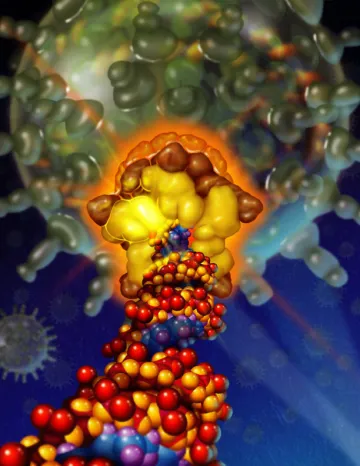
Biological physics explains living processes through the application of physical principles. The scope of the discipline is vast, from the molecular to the ecological.
At the scale of single molecules such as DNA, RNA, and molecular motors, research in our department focuses on issues in protein synthesis, such as how ribosomes move along mRNA. At the sub-cellular level, research explores photosynthesis and the properties of cell membranes and membrane proteins. And at the scale of individual cells, we investigate phenomena like signaling and locomotion. Multi-cellular dynamics, pattern formation, and the physics of evolutionary processes are also key components of our program.
Experimental methods include optical tweezers, single-molecule fluorescence microscopy, particle imaging velocimetry and image processing, and a variety of techniques in molecular and cellular biology and biochemistry.
Theoretical work focuses on stochastic processes, elasticity, statistical mechanics, fluid dynamics, and nonlinear dynamics. Our theoretical and experimental groups also actively collaborate with faculty in the life sciences throughout the University of Arizona.



